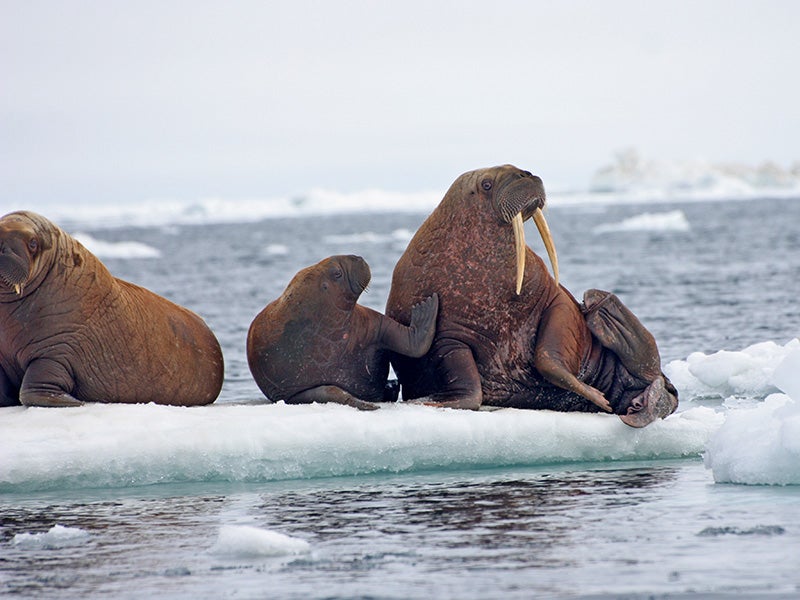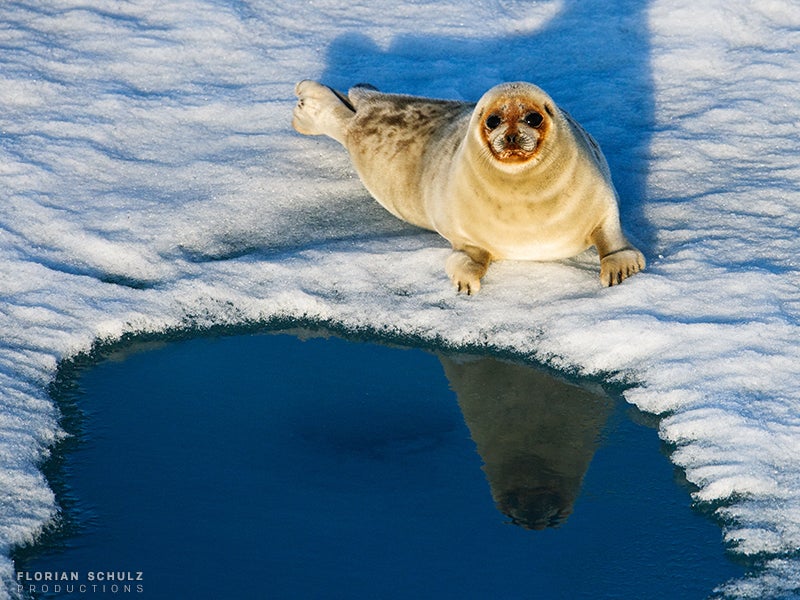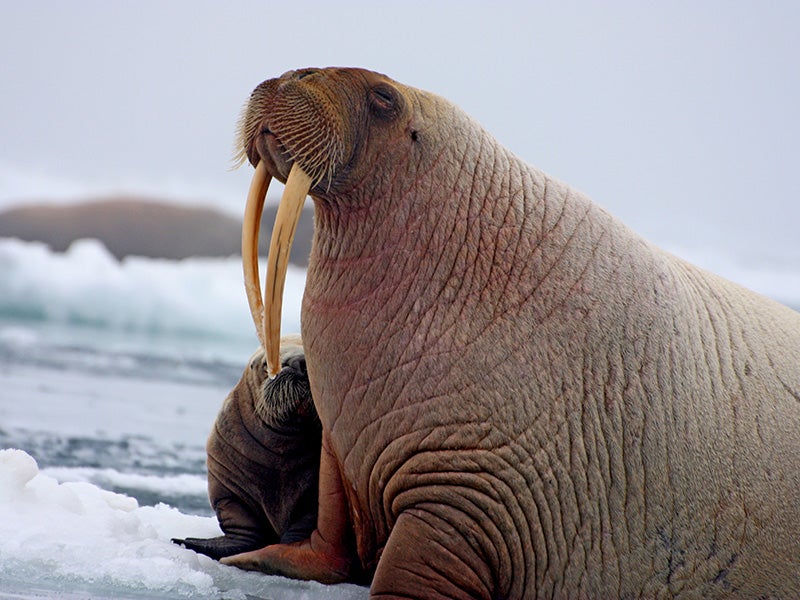Protecting Walruses from Arctic Drilling
The U.S. Fish and Wildlife Service rule puts the already at risk walruses directly in harm’s way by allowing risky oil company operations in key walrus foraging areas in the Chukchi Sea. Oil operations have the potential to chase walruses away from food-rich foraging areas. Drilling risks catastrophic oil spills that could not be cleaned up in Arctic conditions.
Case Overview
The Arctic Ocean’s sea ice is rapidly melting due to climate change, creating dire consequences for Chukchi Sea walruses which depend on the ice for resting, raising their young, feeding, and avoiding predators. As a result of this melting, the walruses have been forced ashore in recent years. It happened again in 2014, as 35,000 walruses crowded together on the Alaskan Arctic coast. Walruses must swim distances up to 100 miles from these coastal haulout areas to reach Chukchi feeding grounds to find the clams and other bottom species they need to survive. They are vulnerable to stampedes and trampling when forced to use coastal resting areas.
A U.S. Fish and Wildlife rule puts these already at risk mammals directly in harm’s way by allowing risky oil company operations in key walrus foraging areas in the Chukchi Sea. This rule was challenged by Earthjustice on behalf of Alaska Wilderness League, Center for Biological Diversity, Greenpeace, Resisting Environmental Destruction on Indigenous Lands, Sierra Club and by the Natural Resources Defense Council.
The Fish and Wildlife Service adopted this regulation, which allows for “the incidental take of walruses in connection with oil and gas activities,” even though the agency acknowledged that walruses could be affected adversely in large numbers in crucial habitat areas like the Hanna Shoal.
Oil operations have the potential to chase walruses away from food-rich foraging areas, trigger stampedes, and harm the animals with deafeningly loud seismic blasts. Drilling risks catastrophic oil spills that could not be cleaned up in Arctic conditions.

Case Updates
Case page created on November 10, 2014.

